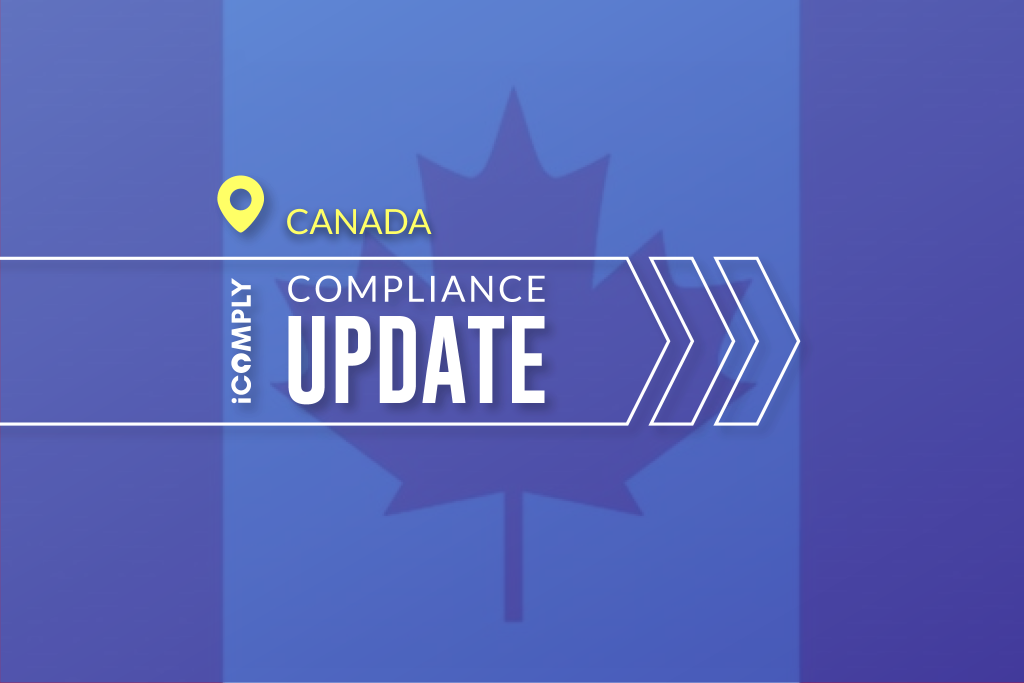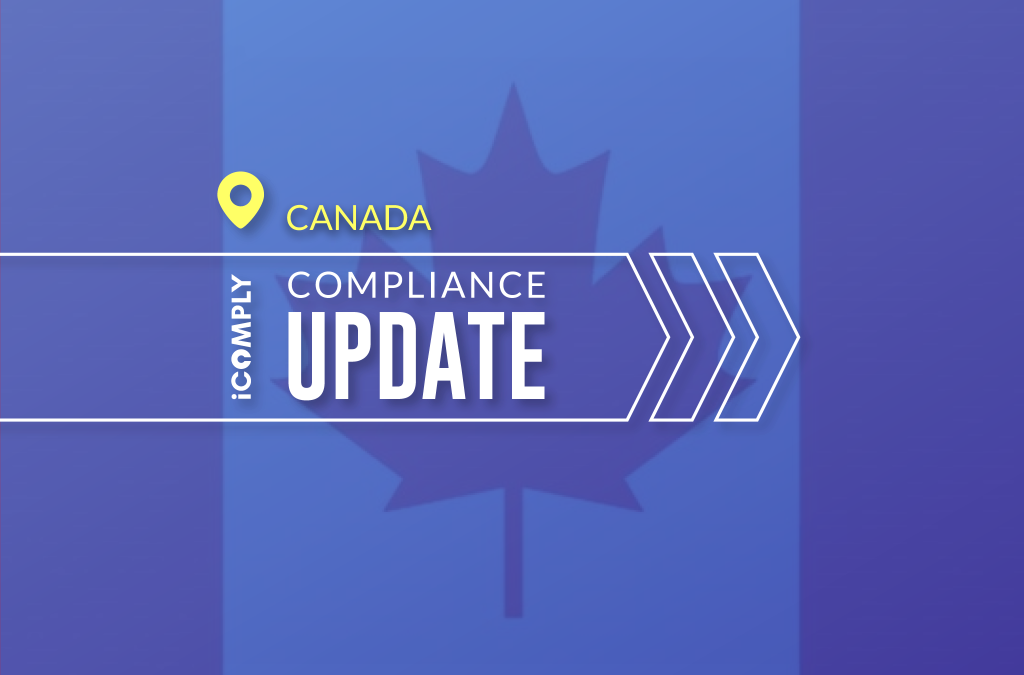Canada: Real-Estate Firms Violate Anti-Money Laundering Rules

What Happened?
March 6, 2020: Canada’s financial watchdog FinTRAC audited 500 real estate companies, and found 172 were guilty of violating anti-money laundering rules by neither checking the identities of their clients nor reporting large cash deals to the government.
At half of the companies audited, the sales agents had no formal training on how to properly detect money laundering or verify the identity of their clients.
In response, FinTRAC is implementing an ownership registry beginning May 2020, and making it mandatory for real estate agents to take an anti-money laundering course–a first for Canada.
Source: https://www.occrp.org/en/daily/11760-canada-real-estate-firms-violate-anti-money-laundering-rules
Who Is Impacted?
Real-Estate Developers, Brokers, and Sales Representatives.
Why This Matters?
In 2019, an expert panel estimated that $5.3 billion dollars (US$ 4 billion) were laundered through real-estate transactions in Canada in 2018.
With their 2019 budget increase from the Canadian government, FinTRAC has launched an aggressive front to combat this activity in our economy.
“This offensive is sending a strong message to the sector and to people who might seek to exploit it that we all are determined to protect the Canadian people and the economy.” – FinTRAC spokesperson, Erica Constant
What’s Next?
The provinces hope these actions from the Regulator will prevent the use of trusts, corporations, or partnerships to hide transactions from public view.
learn more
Is your AML compliance too expensive, time-consuming, or ineffective?
iComply enables financial services providers to reduce costs, risk, and complexity and improve staff capacity, effectiveness, and customer experience.
Request a demo today.
KYC for Gaming and Gambling: Ensuring compliance and preventing fraud in the gaming industry.
The gaming and gambling industry faces unique challenges in ensuring compliance and preventing fraud. Know Your Customer (KYC) processes are essential in this sector to verify the identities of players, detect fraudulent...
KYC for Insurance: How Insurance Companies Use KYC to Verify Policyholders
Insurance companies handle significant financial transactions and sensitive personal information, making robust Know Your Customer (KYC) processes crucial. Effective KYC practices help verify the identities of policyholders,...
KYC for Banking: Specific KYC requirements and practices in the banking sector.
The banking sector is at the forefront of KYC compliance due to the high risk of money laundering and financial fraud. Effective KYC practices in banking are essential for ensuring compliance, protecting the institution, and...




